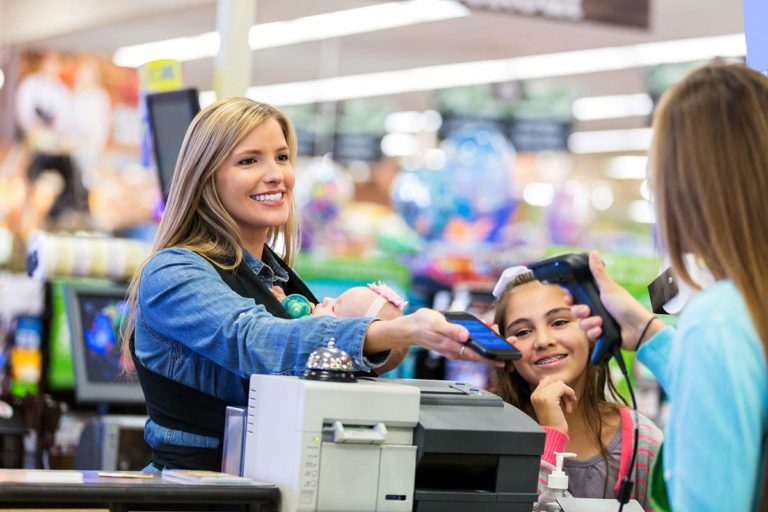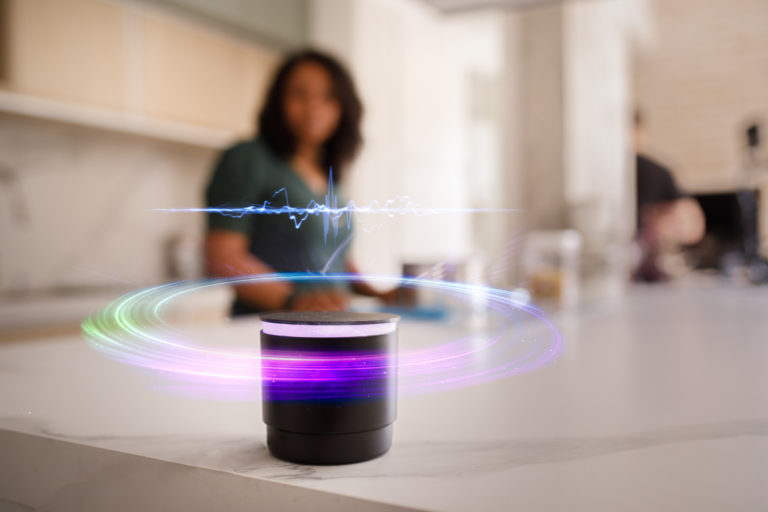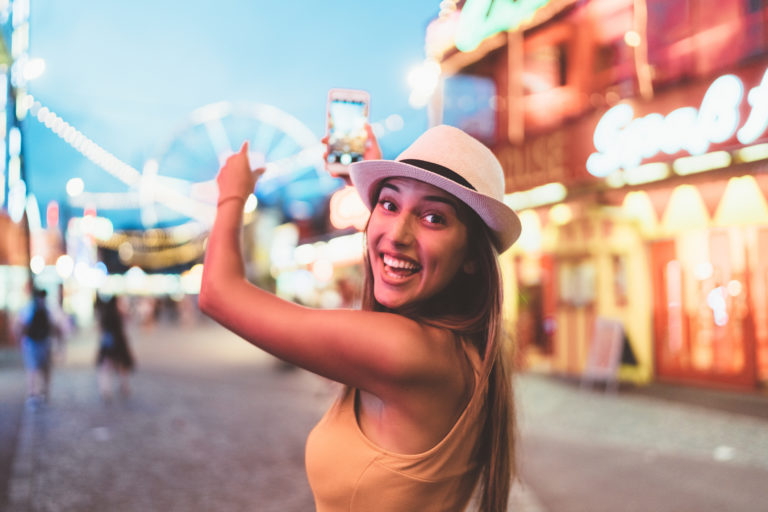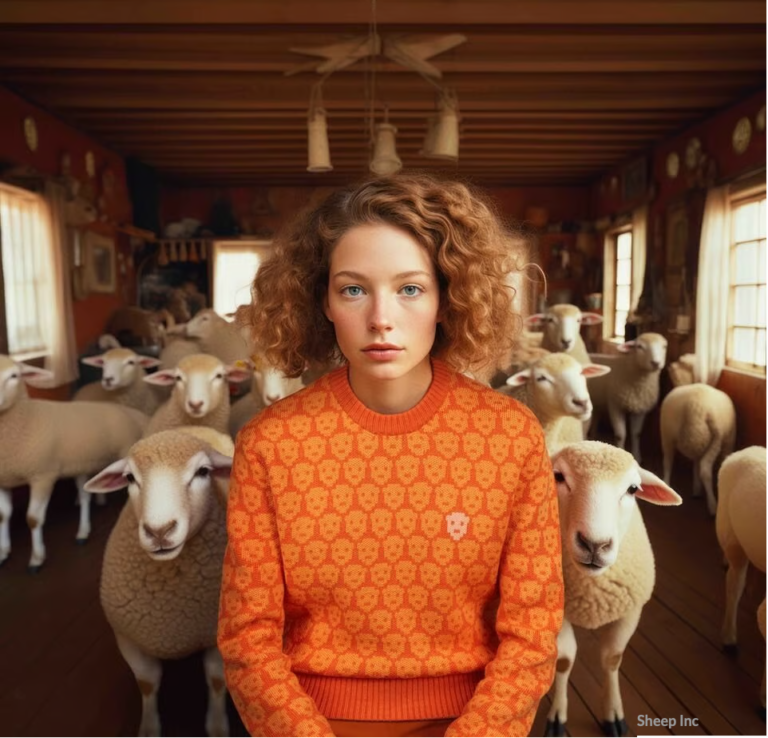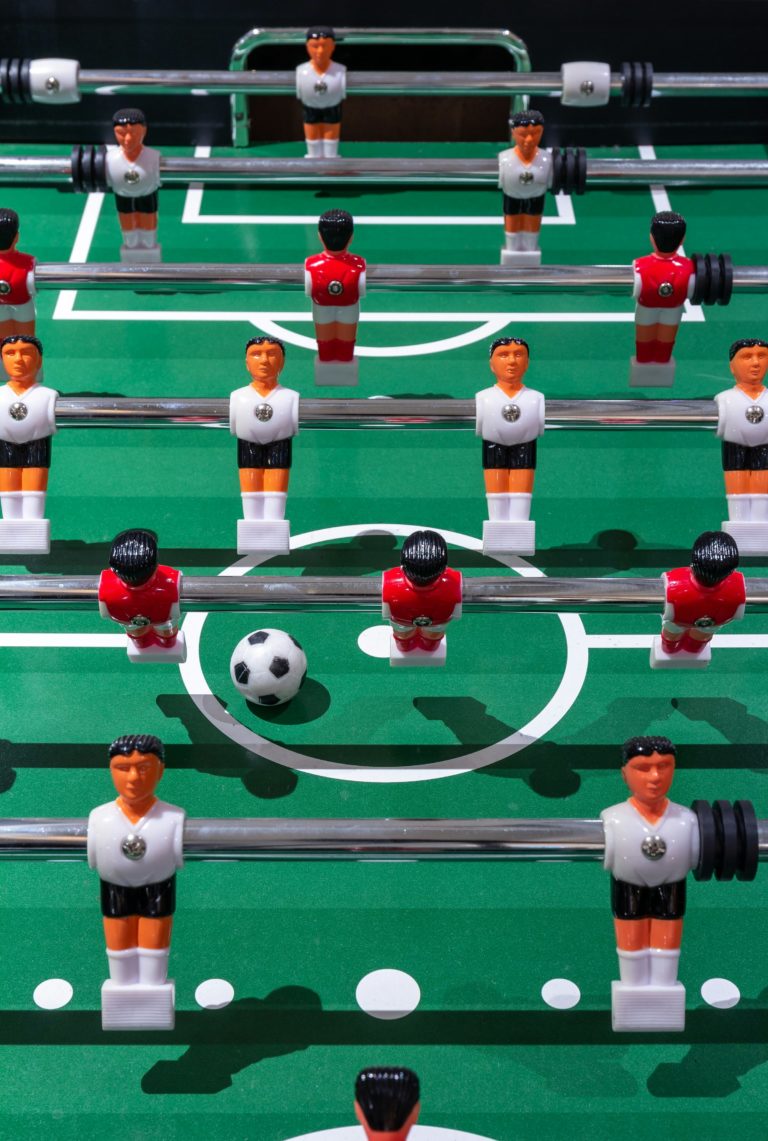Harnessing the power of storytelling: Olympic brands show us how it’s done
As the Paris 2024 Olympics and Paralympics unfold, the world is captivated not only by the athletic feats but also by the powerful stories that surround the Games. For brands, the Games present a golden opportunity to use storytelling to connect with audiences on a deeper, more emotional level.
The Olympics has always provided a rich seam of inspiring tales – from underdogs defying odds to seasoned champions pushing their limits. This year, we’re seeing brands leverage these stories in innovative ways, redefining Olympic marketing strategies. They’re moving beyond traditional advertising to create campaigns that resonate with viewers long after the closing ceremony.

Take Coca-Cola’s It’s Magic When the World Comes Together campaign. It beautifully captures the unifying power of the Olympics, with ‘the universal gesture of acceptance and inclusion – the hug’ serving as its creative centrepiece.
This approach showcases how brands can tap into the emotional core of the Games, creating messages that transcend cultural boundaries. “Olympic athletes train hard for four years with the goal of winning the gold. So, when you see them hugging, it’s a truly powerful symbol of human connection,” says Islam ElDessouky, Global Head of Creative Strategy and Content at Coca-Cola.
But it’s not just about tugging at heartstrings. Brands are also using storytelling to highlight their values and commitments. Here’s how some major players are doing just that.
Deloitte and IOC: Measuring impact beyond the podium
Deloitte and the International Olympic Committee (IOC) have launched The First Effect, a campaign that aims to measure success beyond medal counts. This innovative approach focuses on the transformative impact of ground-breaking achievements on the world’s biggest sporting stage.
The campaign spotlights several trailblazing athletes, including Nicola Adams, who became the first woman to win an Olympic boxing gold medal at London 2012. Adams’ victory led to a surge in interest in women’s boxing in the UK, dramatically increasing the sport’s visibility and representation.
By sharing these stories, Deloitte and the IOC are not just celebrating individual achievements. They’re highlighting the ripple effect these ‘firsts’ have on society, inspiring future generations and driving positive change. This campaign demonstrates how brands can use storytelling to showcase their commitment to progress and inclusivity, values that resonate strongly with modern audiences.
Samsung: Opening minds and boundaries
Samsung’s ‘Open Always Wins’ campaign for Paris 2024 focuses on how an open mindset can drive you to victory in sport and beyond. Team Samsung Galaxy features several athletes from some of the Games’ newest sports — skateboarding, surfing, and breaking — which, like Samsung, share core values of open-mindedness and self-expression. Through a series of documentaries, Samsung explores the iconic subcultures of each sport and their shared belief in openness.
The first in the series, Concrete Dreams, explores the skateboarding community’s journey from the streets to the Olympics. By featuring both pioneering legends and Olympic athletes, Samsung celebrates the communities at the heart of each sport as they prepare to showcase their passion to the world.
This campaign is a masterclass in using storytelling to align brand values with audience interests. By highlighting the openness and innovation inherent in these sports, Samsung reinforces its own commitment to pushing boundaries and embracing new possibilities.
Nike: Redefining victory
Nike’s ‘Winning Isn’t for Everyone‘ campaign takes storytelling in a bold new direction.
Created by Wieden+Kennedy, it reminds the world that there’s nothing wrong with wanting to win and showcases the grit, determination, and passion required to reach the top. Featuring a star-studded cast, including LeBron James and Serena Williams, the campaign uses powerful visuals and narratives to convey the relentless drive of elite athletes. By highlighting their competitive spirit, Nike turns the pursuit of victory into a compelling, inspirational narrative.
Bringing stories to life:
While storytelling campaigns are impactful, some brands are taking it a step further with meaningful actions. To complement their Olympic-inspired brand marketing, P&G is supporting athletes with practical services in the Athletes’ Village. These include laundry rooms from Ariel, a dental clinic from Oral-B, and a beauty and grooming salon from Pantene and Head & Shoulders. P&G’s Pampers brand has even set up the first-ever nursery in the Olympic village, giving athlete parents a place to share special moments with their babies amid the intensity of the Games.
Similarly, Airbnb’s Host the World campaign goes beyond narrative by offering travel grants and housing credits to athletes from underrepresented and developing nations, ensuring financial barriers don’t hinder their participation in the Olympic experience.
These initiatives demonstrate that while storytelling is crucial, brands can also create powerful narratives by backing up their words with meaningful actions.
Insights from Olympic storytelling
Olympic campaigns teach us that effective storytelling is more than just crafting narratives. It’s about aligning stories with brand values, connecting emotionally with audiences, and supporting them with tangible actions. The best campaigns don’t just tell stories—they create experiences, challenge perceptions, and make a real impact. As Paris 2024 reaches its finale, we can expect more brands to leverage storytelling to forge lasting connections.

